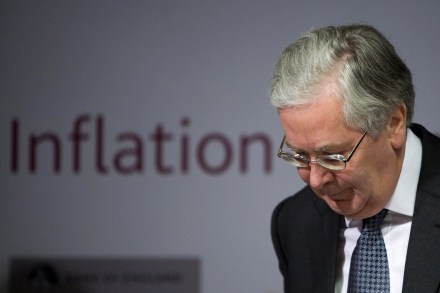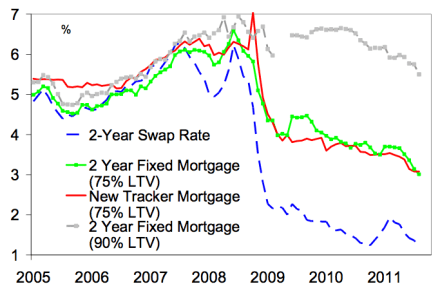How do you leave the euro?
A few weeks ago, Lord Wolfson announced a £250,000 prize for the person who could figure out how a country could leave the eurozone. Given what is happening to the euro, it seemed an awful lot of money to spend on a sub-section of the real question: namely, how Europe can maintain monetary stability and promote growth. The euro, as Gideon Rachman pointed out in the FT last week, is a means to an end, not an end in itself. It seems Lord Wolfson agrees that he asked too narrow a question and has reformulated the task. The winner will now have to answer what will be the best way













